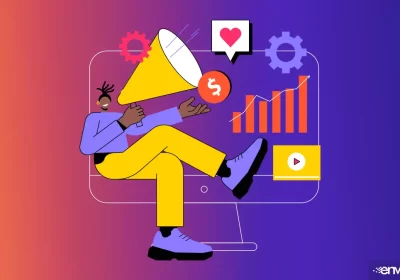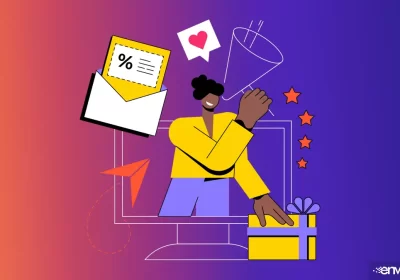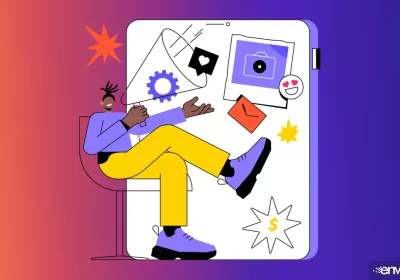What Are The Digital Marketing Funnel Stages?
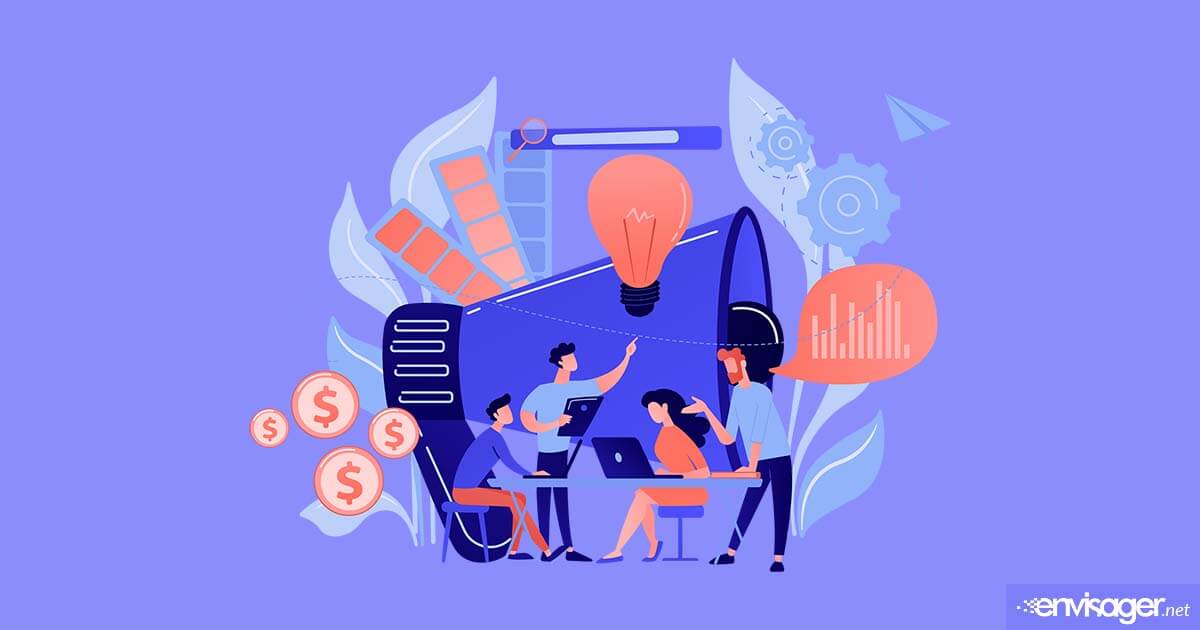
The digital marketing funnel stages involves steps that users take to move from being a prospect to a customer. These stages include discovery, interest, appraisal, confirmation, and conversion.
In digital marketing, generating interest in something no one knew about brings prospects to your website. Once they’re there, the series of pages they visit in a session determine their likelihood of converting into customers. This entire process and the steps they take is known as the digital marketing funnel stages.
The use of a diagram denoting the digital marketing funnel stages of a would-be customers clarifies the process. Someone traveling through the stages of a digital marketing funnel is visiting various online locations. And these locations are on their path to conversion.
In this article, we illustrate the digital marketing funnel in all its stages. Here’s a great example of what this funnel looks like:
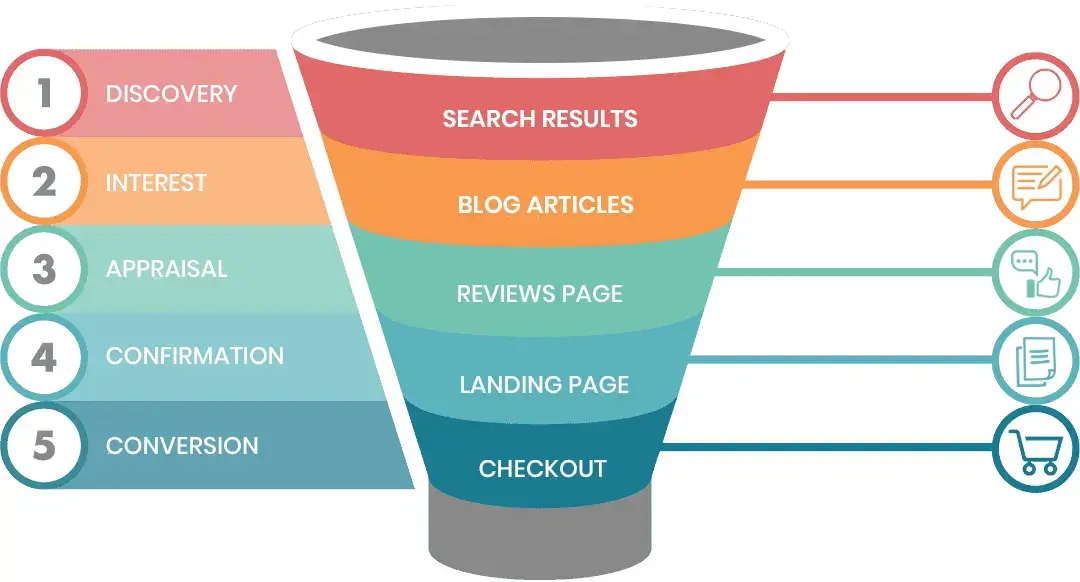
The Digital Marketing Funnel Stages Explained
Stage 1: Discovery
The discovery stage is where the potential customer first learns about you and your products. In general, they’re usually trying to solve a problem or researching a pain point on Google or other search engine.
You need to prompt them to take the next step and bring them to your website. There, the next funnel stage takes shape. Optimizing your funnel at the discovery stage starts with researching customers. You’ll also need to understand what brings them to your website. You should develop audience personas consisting of their challenges, goals, and inspirations. Doing so will help you to target people who are actually interested in buying your product.
After they’ve clicked on your content in the results, they move into the next phase of the funnel; interest.
Stage 2: Interest
A user sees your company’s name and clicks through to your website. This is the moment when they unconsciously decide if your product or expertise appeals to them. There are many people at this stage of the journey but only a handful are likely to move down the funnel. For this reason, you need to put your best foot forward. This can be in the form of valuable information and key insights at every opportunity.
Quickly address their pain points and show them what you have to offer. But, stay away from sales-oriented language. After all, your goal is to establish credibility. So pushing too hard for an immediate sale will make visitors lose trust, leaving your site.
Stage 3: Appraisal
After a visitor finds something compelling in the interest stage, they’ll seek outside research to verify your company. That is, they want to know if your company is a good choice for them. Therefore, your business reputation as represented on Google and other pertinent platforms, must be good. You’re obviously going to be reviewed and compared to competitors. In the end, the user will determine how much they want to engage with your company.
Stage 4: Confirmation
Return visitors are the ones that are most motivated, making them ripe for the final push. In essence, they’ve mostly made up their mind. So, this is where your marketing and conversion-focused content can make the difference.
Additionally, be prepared to offer real-world examples of how you’ve solved the problems your customers encounter. As with the appraisal stage, positive customer reviews can also help increase your success at this stage.
You’ve built trust, now you need to confirm that you’re the best business partner for these leads. Therefore, be honest about products, resources, and timelines you bring to the table. Also, what’s expected from the customers.
Stage 5: Conversion
Yeah! A visitor has finally made it through the other four funnels and into your sales team’s inbox. Or for B2C and shorter sales cycle products, customer has already made a purchase. Now, the next step is sales rather than marketing.
For B2B, these leads have discovered you. Read all about you. Compared you to others. And decided you are likely the best choice for them. Be prepared to discuss any potential concerns, but don’t overpromise.
Be clear how they can access the information that helped bring them through the sales funnel to begin with.
You may also enjoy reading: Why SEO Is Important For Your Website and Small Business

Gregory Meyer
DIGITAL MARKETING DIRECTOR
Gregory is the Analyst & Digital Marketing Director at Envisager Studio. His data collection is an important part of each client’s unique website design and social media strategy. In his spare time, he writes about web design analytics, social media, visual marketing, and social influence.
